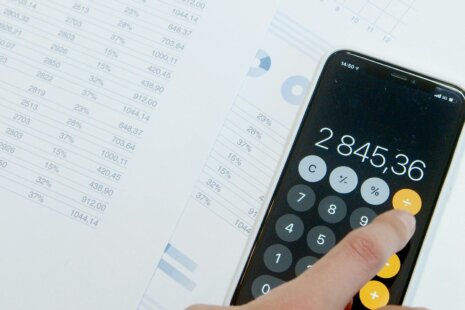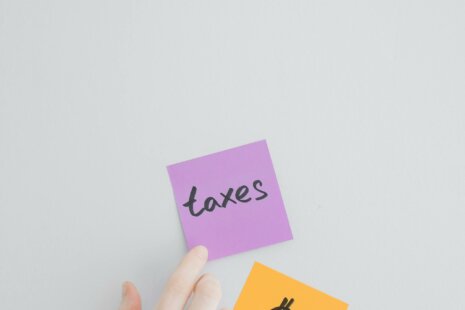You can use your business account to pay for a wide range of expenses related to your business operations. However, it’s essential to keep business and personal expenses separate for accounting, legal, and tax purposes.
Here are common expenses you can pay for using your business account:
- Operating Expenses:
- Rent or lease payments for business premises
- Utilities, such as electricity, water, and gas
- Office supplies and stationery
- Internet and phone services
- Insurance premiums (e.g., liability, property, or health insurance)
- Licensing and permit fees
- Legal and professional services (e.g., attorney or accountant fees)
- Employee Expenses:
- Employee salaries and wages
- Payroll taxes (employer’s portion)
- Employee benefits, such as health insurance or retirement plan contributions
- Reimbursements for employee business expenses
- Supplies and Inventory:
- Purchase of inventory or raw materials
- Office equipment and furniture
- Production supplies and materials
- Shipping and packaging supplies
- Marketing and Advertising:
- Advertising and marketing expenses, including online advertising
- Printing and promotional materials
- Website hosting and maintenance
- Travel and Entertainment:
- Business-related travel expenses (e.g., flights, hotels, meals)
- Client or customer entertainment expenses (subject to limitations and documentation requirements)
- Loan Payments and Interest:
- Loan repayments for business loans or lines of credit
- Interest payments on business loans or credit cards
- Taxes:
- Payment of business taxes (e.g., income taxes, sales taxes, property taxes)
- Estimated tax payments
- Maintenance and Repairs:
- Maintenance and repair costs for business assets and equipment
- Vehicle maintenance for business vehicles
- Contractor and Vendor Payments:
- Payments to contractors or freelancers for services rendered
- Payments to suppliers and vendors for goods and services
- Business Development:
- Costs associated with product development
- Market research expenses
- Business consulting fees
- Miscellaneous Business Expenses:
- Bank fees and charges related to business accounts
- Membership dues for professional organizations
- Software subscriptions and licenses
- Charitable donations made by the business
Keep detailed records of all business expenses, including receipts and invoices, to facilitate proper accounting and tax reporting. Additionally, maintaining a clear separation between personal and business expenses is crucial for legal and tax compliance.
Consulting with an accountant or financial advisor who specializes in small business finances can provide valuable guidance on expense management, tax deductions, and financial record-keeping practices specific to your business.




